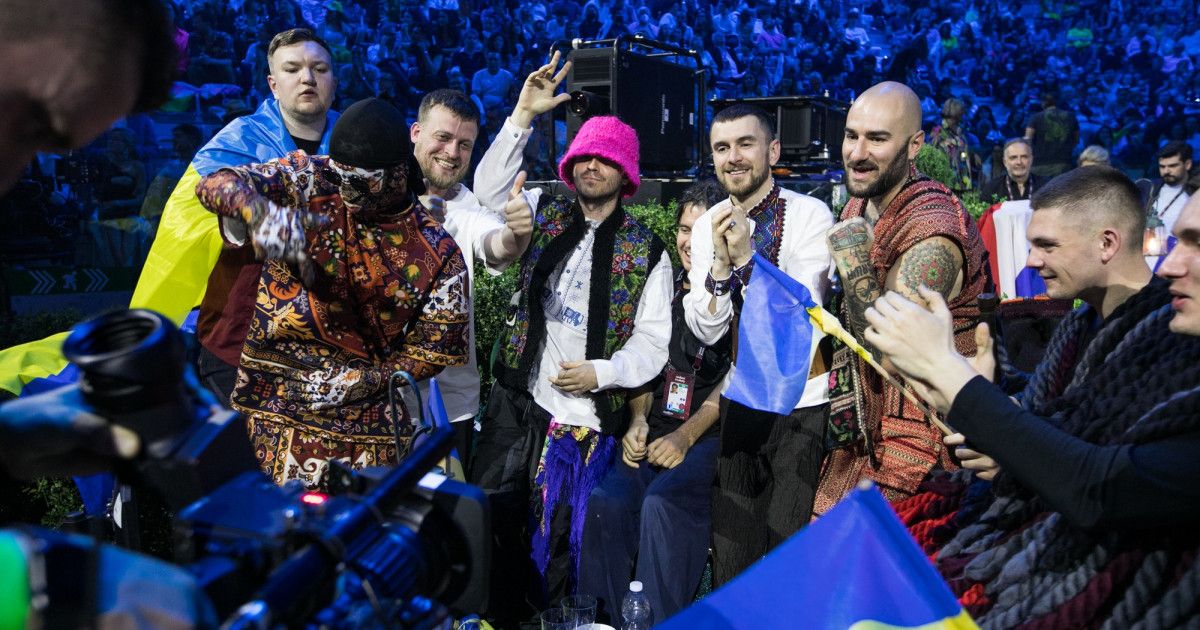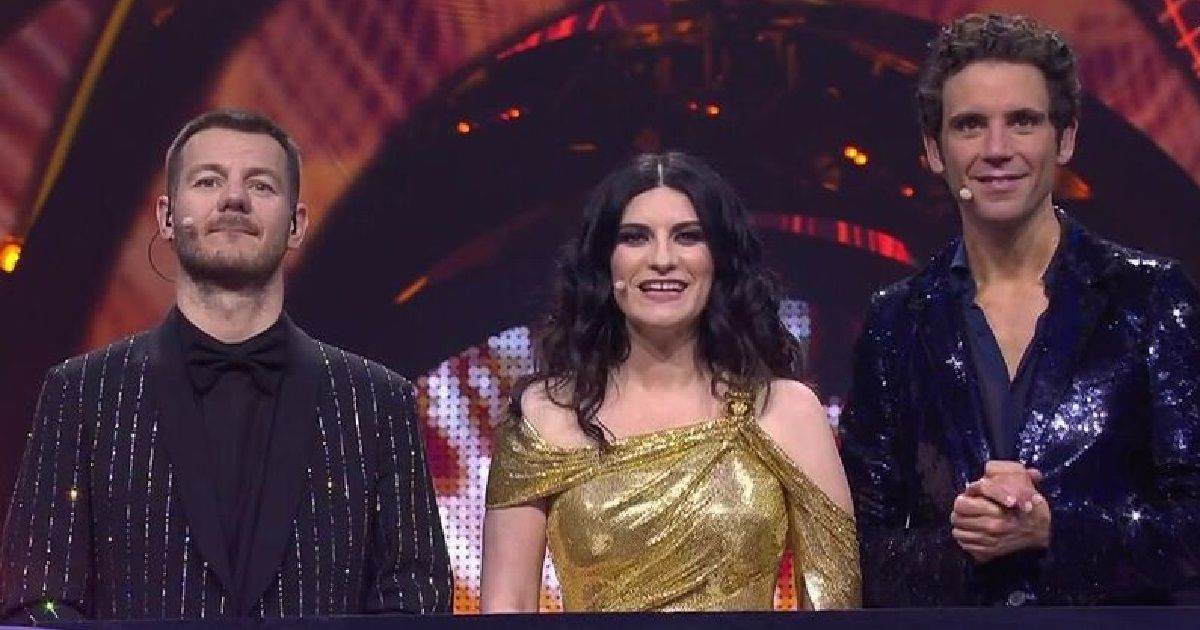The Italian city of Turin is well known for being home to some staggering architecture, two excellent soccer teams... and, last Saturday, for one night only, the Eurovision Song Contest. The annual celebration of Euro pop culture may have produced no surprises when it came to the winner. Still, it delivered in every other way.
The contest began with a slew of strong entries. The Czech Republic began the proceedings with a four-to-the-floor dance track by We Are Domi, and Norwegian entry Subwoolfer raised a smile with their cartoonish, bespectacled wolf heads. However, their unique brand of boyband-esque vocals and Gangnam Style dance moves was not enough to trouble the juries. But the jaw-dropping performance of the first half of the contest was unquestionably Spain's, whose entry, "SloMo" by Chanel, set many a heart fluttering on social media. The musicians' risque costumes -- matadors' waistcoats sans shirt for the men and spangly black leotards (and not much else) for the women -- and faultlessly choreographed and executed dance routine, all set to a stout reggaeton backing, was sure to win approval at the PalaOlimpico.
The four-hour extravaganza continued with bizarre costumes, dodgy voting, and some top-notch pop performances. Here's what went down.
Eurovision's Frontrunners
The biggest draws of the night were the two frontrunners. Ukraine's Kalush Orchestra made their entrance at the halfway mark, giving a strong, heartfelt rendition of their song "Stefania" that wowed the crowd. A standing ovation testified to the depth of feeling among the 12,000 or so people who crammed into the PalaOlimpico on the night.
Then, four songs from the end, came the United Kingdom's representative, Sam Ryder. The world-famous TikTokker came to prominence during the early months of the pandemic with a string of nifty cover versions. His extensive touring in Europe ensured high name recognition and a match-fit nerveless performer; his excellent rendition augured well for the voting.
Eurovision's Voting
As everyone knows, half of the fun of Eurovision isn't the songs, but the judging, which these days takes a full hour to complete and includes points awarded by juries and from phone votes. Aside from the tension of waiting for each national jury to get in contact with Turin, there was also a little unexpected drama when one of the three presenters, Grammy winner and Spanish X Factor judge Laura Pausini, failed to appear alongside her co-presenters for the first twenty minutes of the vote count. The absence was later blamed on low blood pressure.
There was the usual mixture of local favoritism and bizarre voting and the odd wipeout -- spare a thought for Germany's Malik Harris, who got nul points from the national juries and only six points from the phone votes. But the early running was made -- predictably -- by Spain and Ukraine. After a slow start, they were joined at the top of the leaderboard by the United Kingdom, who enjoyed their best results since Katrina and the Waves won back in 1997. Despite the pre-contest hype, such was the astonishment at Sam Ryder's good showing during the first part of the voting that the phrase "WHAT IS HAPPENING" began trending in the UK.
After the juries' votes were tabulated, Ryder had a clear lead. But in the years since phone voting was introduced, fans have learned that all bets are off until the last result is announced. The popular vote can and frequently does overturn the opinions of the jurors. An early surprise was Moldova, whose entrants, folk-punk fusion artists Zdob și Zdub, weighed in with "Trenulețul," a hi-energy pop song that quoted the Ramones and got the hall bouncing. However, this failed to impress the jurors, garnering a meager 14 points. Europe's TV viewers thought differently, awarding the band a massive 239 points that eventually propelled them into seventh place, Moldova's third-best showing ever.
In the end, however, it was Ukraine that carried the day, winning an enormous 439 points from the phone votes, giving Kalush Orchestra 631 points in all, the second-highest total in the contest's history.
So the Eurovision crowd will be off to Ukraine next year. The big question is: where? Given the catastrophic damage inflicted on many of Ukraine's major cities during the present conflict, President Volodymyr Zelenskyy's hope that the contest might one day be staged in Mariupol -- the scene of one of the war's bloodiest sieges -- is likely to remain a hope for the moment. But the coming of Eurovision to the war-torn country will be a boon in other ways, not the least of which will be the spotlight its arrival will shine on Ukraine's artistic output. The nation's television productions and films have seen an extraordinary surge in interest from across the globe since the war began, ensuring that the country's plight remains firmly in the international spotlight.



